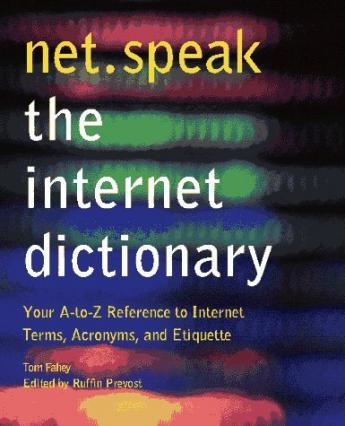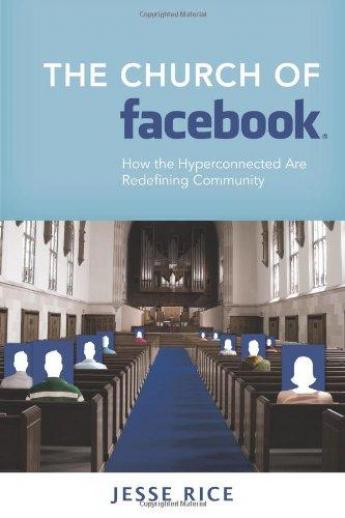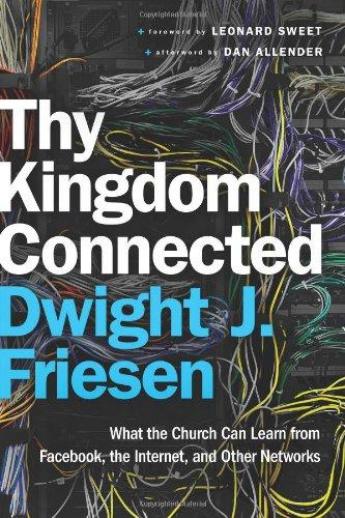Tip
Collecting Rare Books and First Editions - Netspeak for The Private Library

By L.D. Mitchell
We know several book collectors who collect books about the technologies and personalities associated with computers. Some of these collectors have been collecting such books for decades.
A few of these book collections are fairly comprehensive, encompassing everything from foundational works like John Napier's Mirifici logarithmorum canonis descriptio (1614) to the latest installment of Computers for Dummies. (Even with the advent of ebooks, the great majority of this literature continues to have a print equivalent. Why is that?) Other such collections, though, are more focused: they deal only with the invention and evolution of personal computers, for example, or with the invention and evolution of the Internet.
Computing, like other technologies, has developed over the years its own terminology. Much of this terminology is specific to computer hardware and software. Accordingly, books about such terminology are frequently included in collections like those described above.
[Examples:
Dictionary of Computers (Hutchinson Pocket)
Elsevier’s Dictionary of Computer Science. English, German, French, Russian. By B. Delijska and P. Manoilov.]
Because computers increasingly mediate communication between human beings, terminology also has arisen that tries to capture the nature and consequences of such mediation. Some of these books are geared to specific types of computer-mediated human communication ...
[Examples:
net.speak. the internet dictionary. You’re A-to-Z Reference to Internet Terms, Acronyms, and Etiquette. By Tom Fahey
NETiquette. On-Line Etiquette. Tips for Adults & Teens: Facebook, MySpace, Twitter ! Terminology … and more. By Michelle Cimino.]
... while others explore the impact of computer-mediated human communication on language use in the "real world:"
[[Examples:
Dialogue on the Internet. Language, Civic Identity, and Computer-Mediated Communication. By Richard Holt
virtual_English. Queer Internets and Digital Creolization. By Jilana B. Enteen.]
Because human communities are built upon shared languages and/or interests, books about the impact of computer-mediated human communication on the evolution of such concepts also have become quite collectible.
[Examples:
Dwight J. Friesen, Thy Kingdom Connected. What the Church Can Learn from Facebook, the Internet, and Other Networks
Jesse Rice, The Church of facebook. How the Hyperconnected Are Redefining Community]
Although the Internet did not begin to really take off until NCSA Mosaic 2.0 was introduced in 1994, books devoted to the above topic were already in print. Is anyone out there, though, familiar with any computer-mediated communication titles (Internet dictionaries, guides to Internet culture, etc.) that pre-date George S. Machovec's Telecommunications, networking and Internet glossary (1993) ...?
The article by L. D. Mitchell was published in The Private Library. It is presented here by permission of the author. Thank you very much.
>>> The Private Library
>>> Join ILAB on Facebook
>>> Follow ILAB on Twitter



